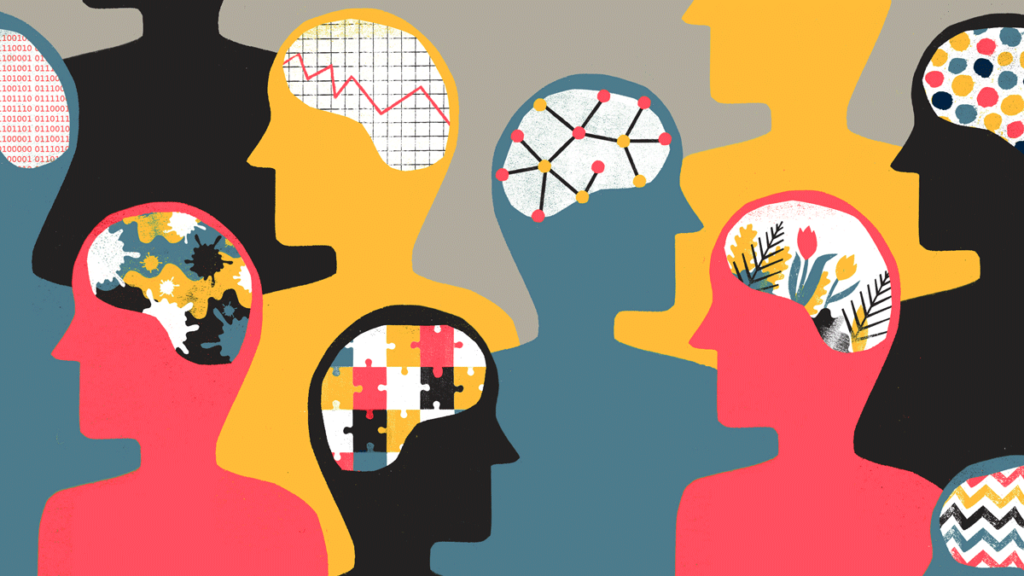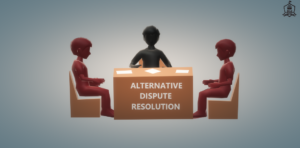Mental health is one of the most neglected issues in a developing country like Bangladesh, where people hardly consider mental health amongst general health issues. Premonitions like mental illness are nothing but a curse from God is still prevalent in our society. According to the National Mental Health Survey of 2019, the prevalence of mental health disorders is 16.8% of adults and 13.6% of children in Bangladesh. Among them, 92.3% of adults and 94.5% of children do not get effective treatment for their mental disorder. This deprivation of proper treatment is responsible for about 10,000 suicides annually.
Against such a backdrop, Bangladesh passed the Mental Health Act 2018 by replacing 106 years old controversial Lunacy Act of 1912. The new law has brought some positive hopes, including involuntary admission, establishing Mental Health Review and Monitoring Committees, disciplinary punishments and property rights of victims, especially the law’s reference to ‘rights of patient’ is more appreciating. But yet the new law completely fails to ensure proper mental health care due to some major flaws.
A grave shortcoming of the new Act is, it doesn’t speak about the heavy economic burden of effective mental healthcare. How the authority will run the financial process providing a developed mental health policy is absent in the Act. From Bangladesh Health Department, a trivial amount is allocated for mental health, which is less than 0.5% of the total healthcare budget. Besides, the Mental Health Act provides the mandatory provision of establishing Mental Health Review and Monitoring Committees, including psychiatrists. Moreover, the establishment of government authorized hospital under this Act is also nowhere seen in reality. The only mental specialized government hospital in Pabna is found to be in a pathetic scenario- underfunded and understaffed. The exact needed number of doctors is 111, but only 14 doctors are available there. There is no reservation for children and adolescents there, although the Act mentions about separating the children from adolescents in mental hospitals. The expectation of quality service is deprived of in this understaffed government hospital. On the contrary, private hospitals provide a relatively better environment of developed service at a sky-high cost beyond low-income people’s reach. As a result, patients face the cynical possibility of maltreatment in terms of these low human resourced services.
The new Act also mentions that medical practitioners providing false mental illness certificates or treatment in unlicensed clinics will be fined or penalized. Fear arises that this strict punishment may create hesitations among the existing under-resourced medical practitioners to provide health care in ambiguous or complex cases. But just for this mere concern, reducing punishment against false certificates is not a reasonable solution. The government needs to strengthen the existing system and build a strong workforce of medical practitioners. This Act also fails to provide robust clinical review processes, which are needed for a longer period. Although community support and rehabilitation are mentioned, any step for community extension is absent in the Act.
Another concern is that, despite being the newest, the Mental Health Act 2018 does not adequately address people’s human rights with mental illness. Individuals dealing with mental health issues always face human rights violations and discrimination in every sphere of life, including food, shelter, healthcare and education. In Kalandiar Kabir vs. Bangladesh and others (54 DLR 258), the court acknowledged that people with mental illness become victims of inhuman and degrading treatment. In most cases, this resulted in a clear violation of the right to life. But the new Act has lacked these fundamental human rights of a mentally disabled person. According to the WHO- AIMS report on the mental health system in Bangladesh, there is no human rights review commission or authority in Bangladesh to check the routine violation of people’s human rights with mental illness. The National Institute of Mental Health (NIMH) is the only coordinating body that focuses on mental disorders.
Moreover, in our country, mental health is still considered a social stigma. Plenty of families are seen to hush up by beating or chaining the sufferer without understanding that person’s mental illness. A disproportionate number of sufferers are taken to village shamans assuming “evil spirits” have possessed that person. So it is crucial to mention that the new Act fails to mention prohibitive measures against this inhumane discrimination.
From this paradoxical situation, we can assume the immense gap between the existing Mental Health Act 2018 and the real mental health scenario in Bangladesh. It is crucial than ever to fulfill the vacuums in the present Act. Most importantly, it is required to expand quality mental health facilities and develop adequate specialized hospital for mental treatment. It is an urgent need to include mental health into primary and tertiary healthcare and appoint adequate psychiatrists in every district. To address the human rights of mentally unstable people, the Mental Health Act 2017 of India can be a good example where these people’s human rights are extensively discussed. Discrimination against mentally unstable people must be removed by providing special education services for people suffering from dyslexia, ADHD or other problems to get extra learning support. For developing robust clinical review processes, Pakistan’s mental health policy can guide where it is very specific regarding urgent and emergency detention, assessment, and treatment. Emotional support helplines like “Kaan Pete Roi” should be more promoted for mental health campaigns. Apart from an overhaul of policies and initiatives, the Act is even more necessary for bringing the public mind-set out of stigma about mental illness. Along with making the laws stringent, we as individual members of society are responsible for providing recognition and safety of mentally challenged souls’ rights. These steps together can create the necessary difference in society.




